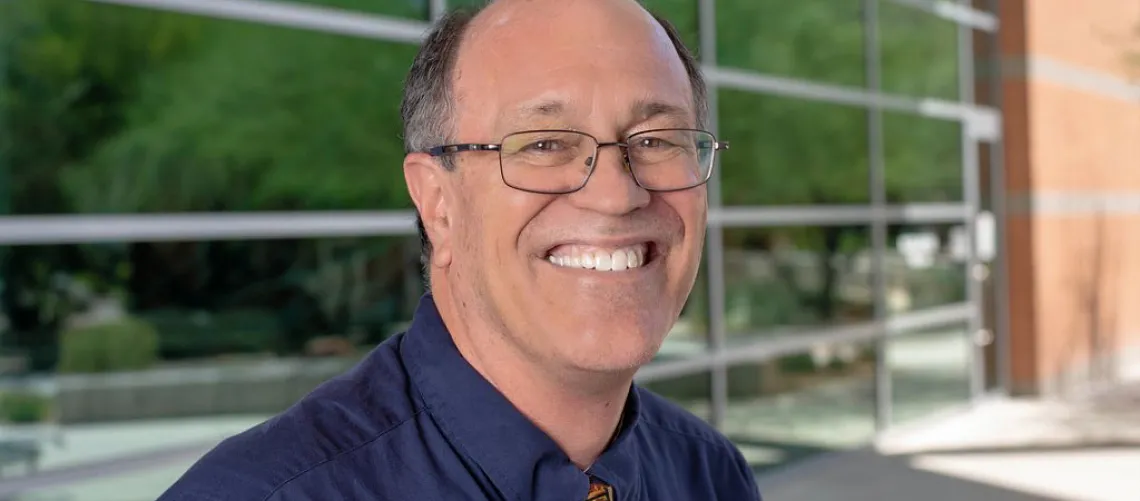National and Local Media Outlets Quote Fishback on COVID-19

Price Fishback, Thomas R. Brown Professor of Economics in the Eller College of Management at the University of Arizona, offered his thoughts on the COVID-19 crisis during an interview with KJZZ on March 23.
During the discussion, he addressed the costs and benefits of working remotely. “It might seem more convenient to work from home,” he says. “But I think this situation is going to highlight why we come together to do business. It’s just a more natural way to interact.”
Fishback then offered his thoughts on the federal government’s suggestion that states avoid releasing their new unemployment numbers. “I think you want complete transparency from the government–you want to have accurate information,” he says. “Because, if you’re suppressing it this time, people are going to assume you’re suppressing it next time.”
Fishback also addressed businesses that are closed as a result of the outbreak: “There’s already been a change in Federal Reserve policy. They’re making a lot more loans available to banks. Businesses who were doing well in February can borrow money, provide some collateral and survive the system for the next three months.”
In a March 26 article by The Arizona Republic on how unemployment benefits may change due to the COVID-19 pandemic, and an April 2 article by The Arizona Republic on how the economy is responding to COVID-19, Fishback addresses the potential for a rebound in the economy: "The key to everything is to make sure there’s enough liquidity for people to survive in the short term. If it can stop a business from closing down, people from losing assets and things like that, then when the quarantine goes away, things might pick back up very quickly."
He also co-authored an article in the Chicago Fed Letter on mortgage forbearance initiatives during the Depression era and how lessons learned during that time can be applied to our current situation. In the article, the authors say, “Today, the federal government’s massive presence in residential mortgage finance positions it to fund substantial forbearance that can mitigate and perhaps inoculate the mortgage market from the viral pandemic… but the success of forbearance will depend critically on the path of house prices and the performance of servicers, not to mention the duration and scope of the public health crisis.” Fishback was also quoted on this subject in an April 6 Phoenix Business Journal article (subscription required).
On April 1, Fishback was featured in a Tucson Weekly article and on April 10 in an Inside Tucson Business article on how the Federal Reserve is helping out commercial businesses during the COVID-19 pandemic mentioning that many small businesses that would not normally be getting this credit, could possibly be getting access to it. "I think the goal of these packages has been to try to provide temporary help for two, three, four months, to help people get through this, so that the structure of the economy is not breaking down."
On May 6, an article by MSN Money on economic crises that led to government stimulus spending cited research by Fishback and economist Valentina Kachanovskaya, which showed that the New Deal programs following the Great Depression cost $41.7 billion.
Fishback joined the Eller College of Management as an associate professor in 1990 and was appointed the Thomas R. Brown Professor of Economics in 2010. His research area of interest is the political economy of Roosevelt’s New Deal during the 1930s, examining both the determinants of New Deal spending and loans and their impact on local economies throughout the U.S. He also works on state labor legislation during the Progressive Era, the American Economy during World War II and changes in agriculture in response to climate, government policy and technology.

